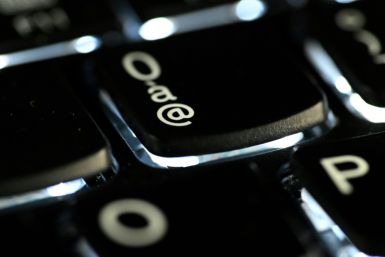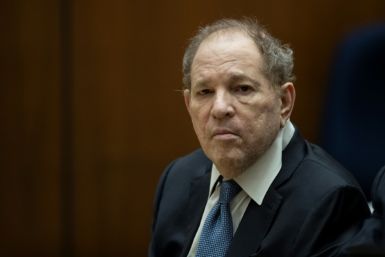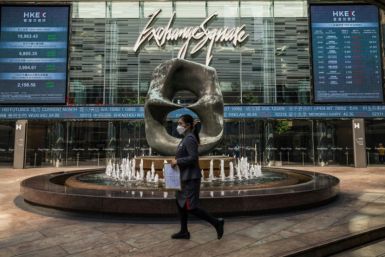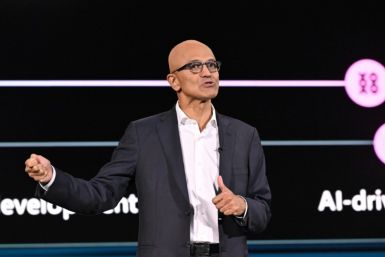Apple Has the Best Retail Service: Here's Why
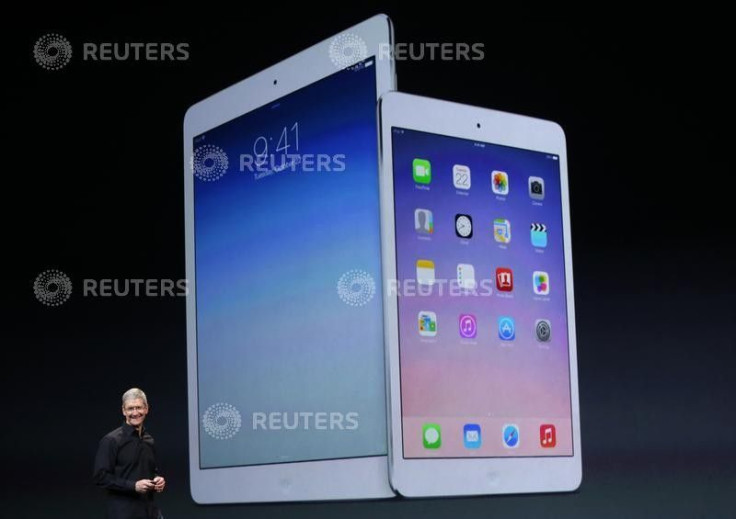
Apple's success may not only be around the hype and attention its products have been able to gain successfully throughout the years. Rather, experts point out how Apple excels in its retail customer service focusing on anticipatory needs revolutionizing client correspondence. Despite criticisms that Apple will not make it because of competition with Samsung and Google, the company has been able to survive targeting consumer decisions effectively more than just its business counterparts.
Apple Stores can be characterized by uniquely organized and designed storefronts with staffs ready to meet customer demands. Forbes compares to this how Ritz-Carlton anticipates its guests and offer excellent hospitality services. What makes Apple possibly successful in its customer service is its anticipatory nature. The company serves customers before they even come in to the physical store. People can schedule an appointment before they visit thus allowing Apple to prepare.
This setup benefits both the company and the customer. For Apple, benefits include scheduling a demand. This is the Lean process principle. For clients, Apple takes away the waiting time promising undivided attention. It is hard to find such focus in retail thus adding to the overall customer experience. Likewise, Apple Stores make it a point to know the customers prior to their arrival. This eliminates the need for the person to reintroduce themselves.
In a recent take by Fortune and the theory of disruptive innovation, the report suggests that such thought from Clayton Christensen must be reconsidered. Experts who predicted Apple's failure may have to think about attacking the situation on the perspective of the customers rather than from a business to business standpoint. Apple has been able to target the gap about what encourages people to buy or patronize a product better compared to most competitors. It also helped that Steve Jobs can be considered as an "instinctive disruptor." Despite Jobs' absence now, Apple still manages to reach out to its customer base without sacrificing as many.



